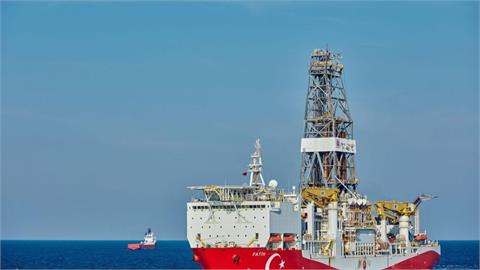An attempted coup in Turkey on Friday night made headlines worldwide and has left the country in political turmoil. The news came at the worst time for the domestic solar industry, which had been enjoying its best year so far. Will the uncertain political climate in Turkey that remains after the attempted coup affect solar progress in the country?
On Tuesday last week, pv-magazine wrote about the European Bank for Reconstruction and Development (EBRD) injecting more funding into Turkey’s renewable energy development, including solar PV. On Thursday, the EBRD announced it had acquired a 16.67% stake in local company Akfen Renewable Energy, injecting further capital into Turkey’s renewable energy sector. And by Friday night, as the news of an attempted coup in Turkey spread, the previous announcements seemed as if they may have some new facets to them.
The attempted coup may have failed, but more than 200 lives were lost and the country has been thrown into political turmoil. Invest in Turkey, Turkey’s governmental agency on the promotion of foreign investments, sent an email out this morning entitled "An Informative Note on the Failed Coup Attempt” stating that "the terrorists will be punished in accordance with the law.” Western analysts fear that the forthcoming punishments will also weigh heavily on Turkey’s shaky democracy and increase the Turkish President’s strong authoritarianism.
The cost of financing
Politics matters in business too. Investors always weigh up the political stability of a country when targeting a foreign market, while political turmoil always increases the cost of financing.
However, the immediate future of solar PV in Turkey is not going to be affected by the recent political developments, claims Ates Ugurel, founder of the Turkish Solar Energy Society Solarbaba. Ugurel told pv magazine that this is because most of the "major financing deals have already been closed. The cost of financing [for these deals] is known and fixed.”
The projects that are part of these deals are going to be connected to the grid in the coming months and belong to the, so-called,‘unlicensed’ fragment of the PV market, added Ugurel. To date, Turkey has installed about 600 MW of solar PV capacity and is expected to reach the 1 GW milestone by the end of this year.
Turkey has also auctioned a further 600 MW of solar PV capacity. These projects have not been built yet and market experts have expressed suspicions that some of them might not get built, at least not soon. The reason for this is that, although these projects will receive a high feed-in tariff of $0.133 per kWh for 10 years, developers also need to pay a one-time fee per installed MW, which is very high for a number of the licenses. Therefore, financing for these licenses was already going to be difficult.
Ugurel was not able to answer how, and if at all, the latest political developments might further affect the cost of financing for these projects. He also added that everyday life in Turkey is back to normal.
Over the long term
Ugurel’s view on the normality of the current situation feels quite optimistic, given that the authorities have detained more than 6000 people, with judges and civil servants among them.
But he might also be right. Business does not necessarily run in tandem with human rights issues and when investors feel the political situation is stable enough, they may well be happy to continue to invest.
One thing that will definitely keep foreign and domesticinvestors looking at the Turkish market is not to be found at the political level. It is the country’s energy position; one that is thirsty for electricity. As well as this, investors will be aware of Turkey’s excellent solar resources. These two elements are not going to disappear whatever the political situation is. Of course, if the sun shines in a real democracy, this is even better. Investors will most likely remain in Turkey whatever happens, however, they might also need to pay a higher financing price for future projects if Turkey’s democracy proves to be unstable.
(pv-magazine)



